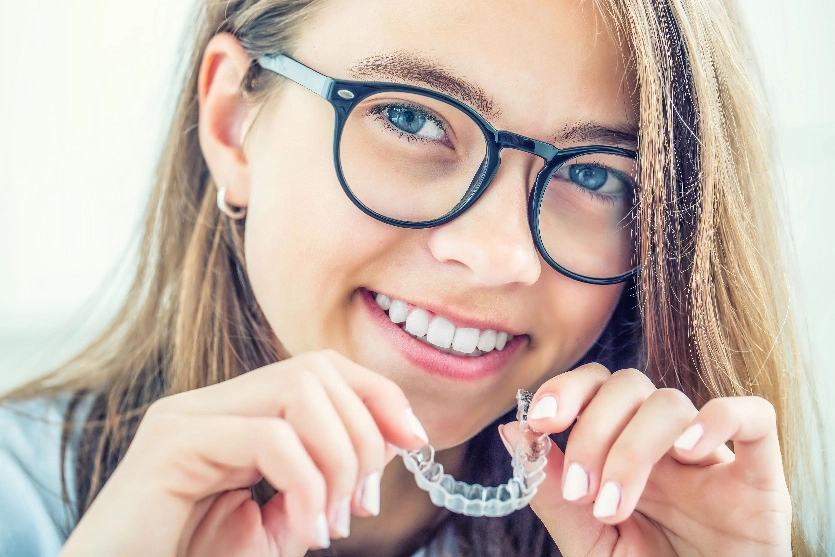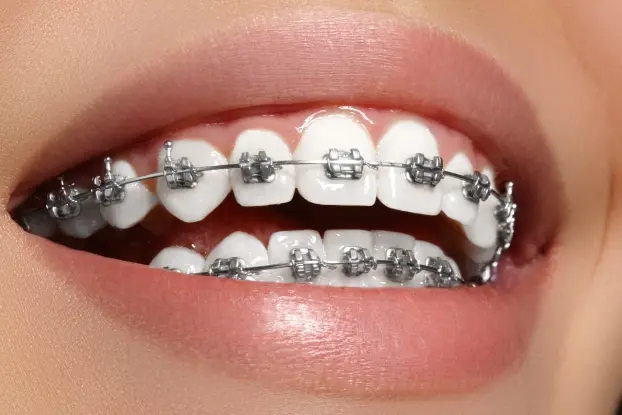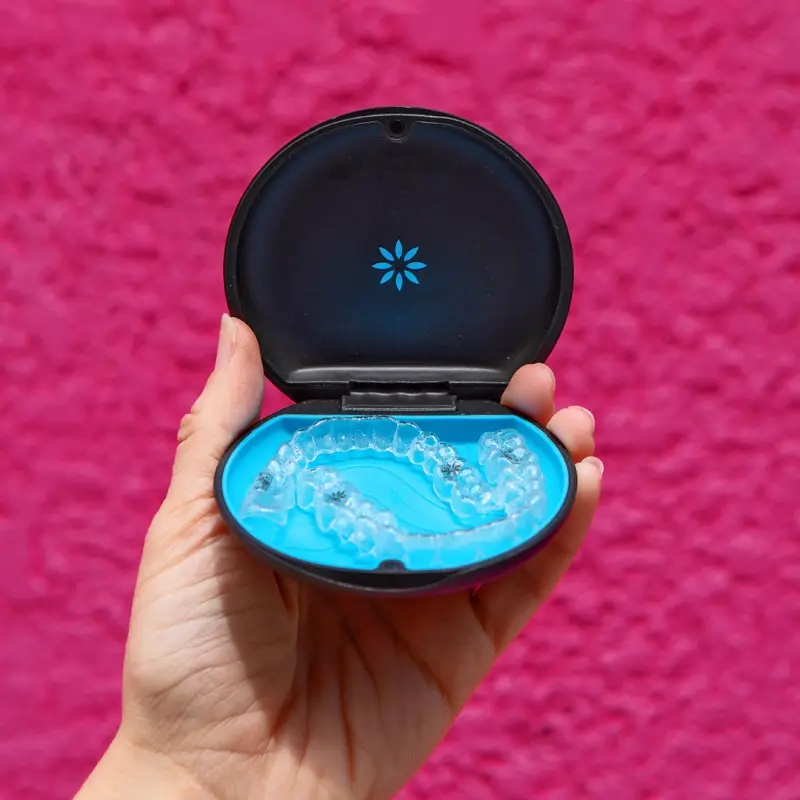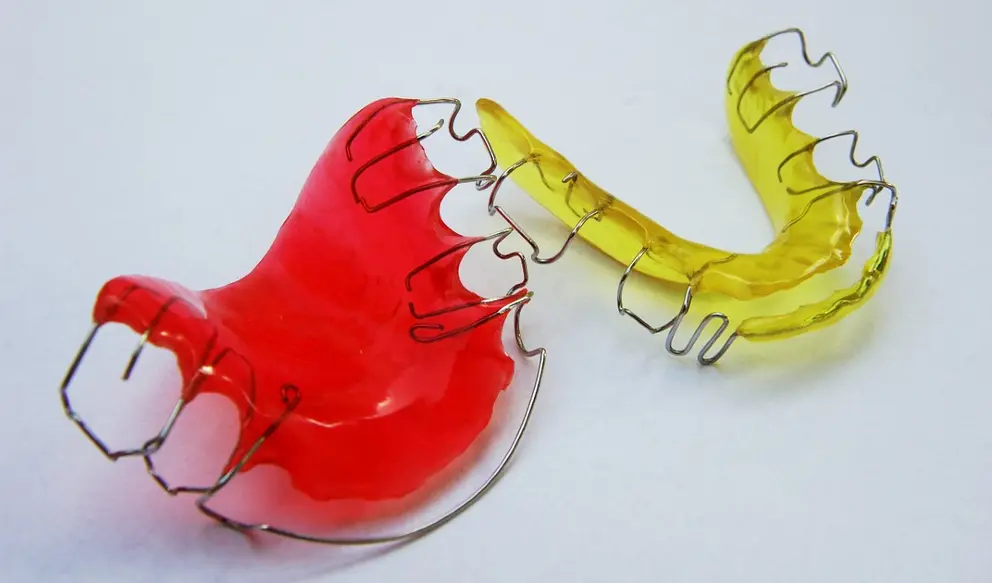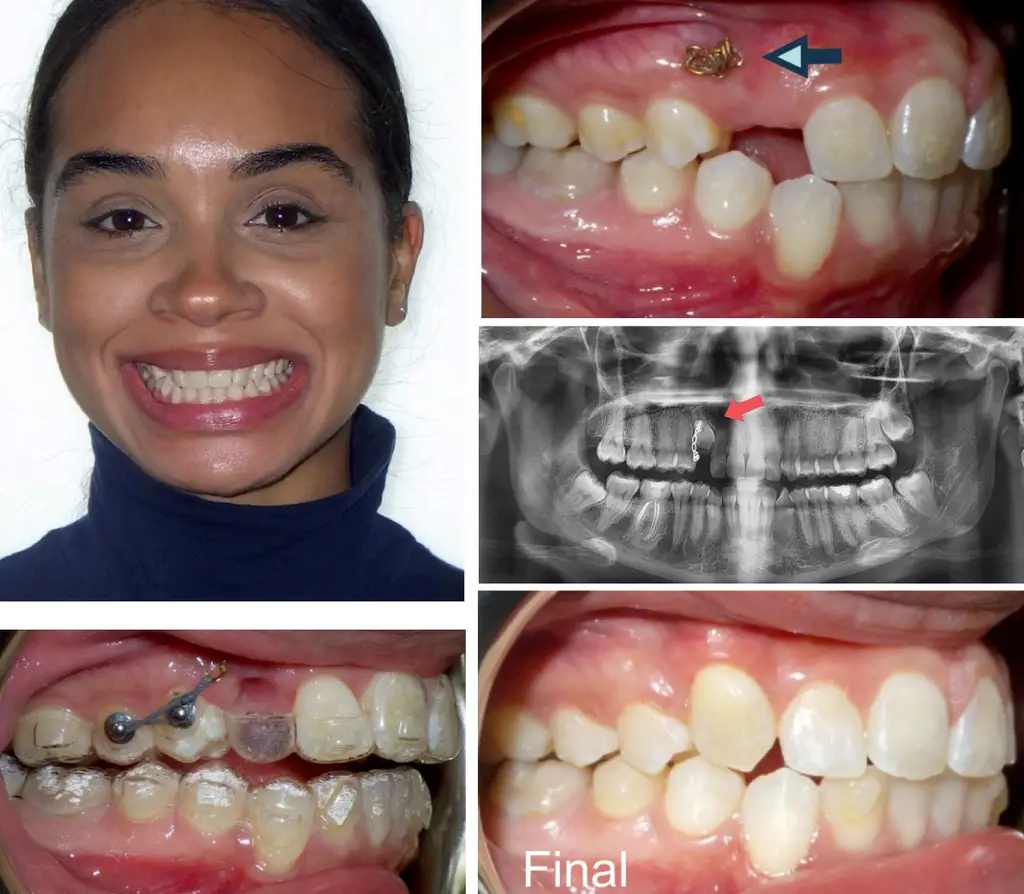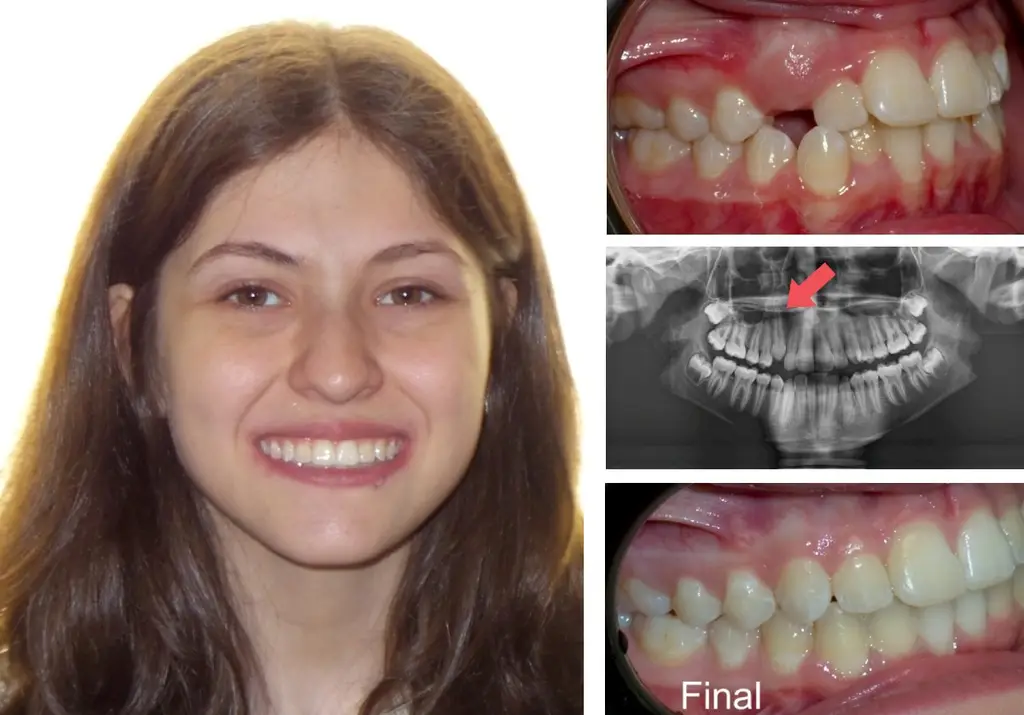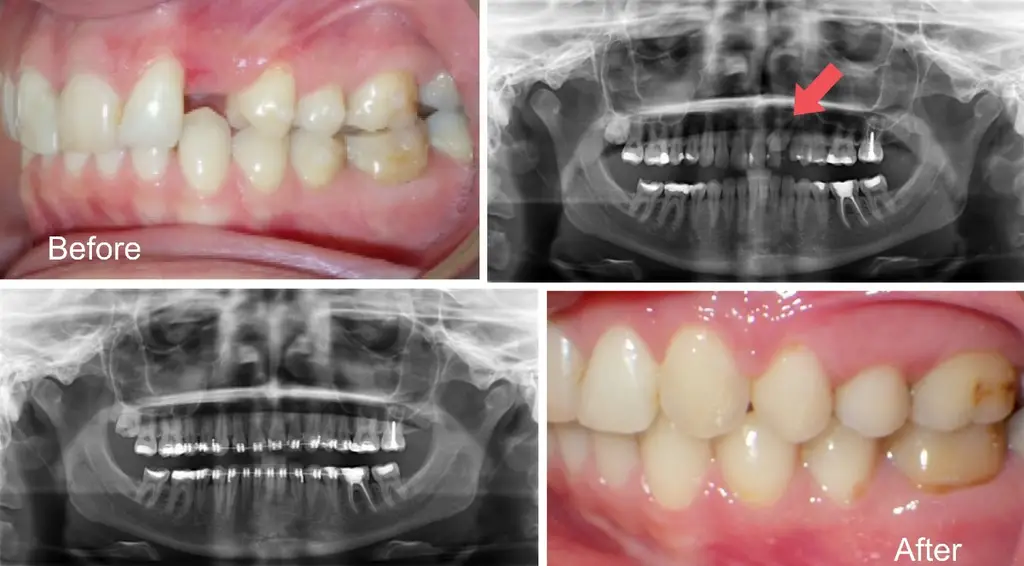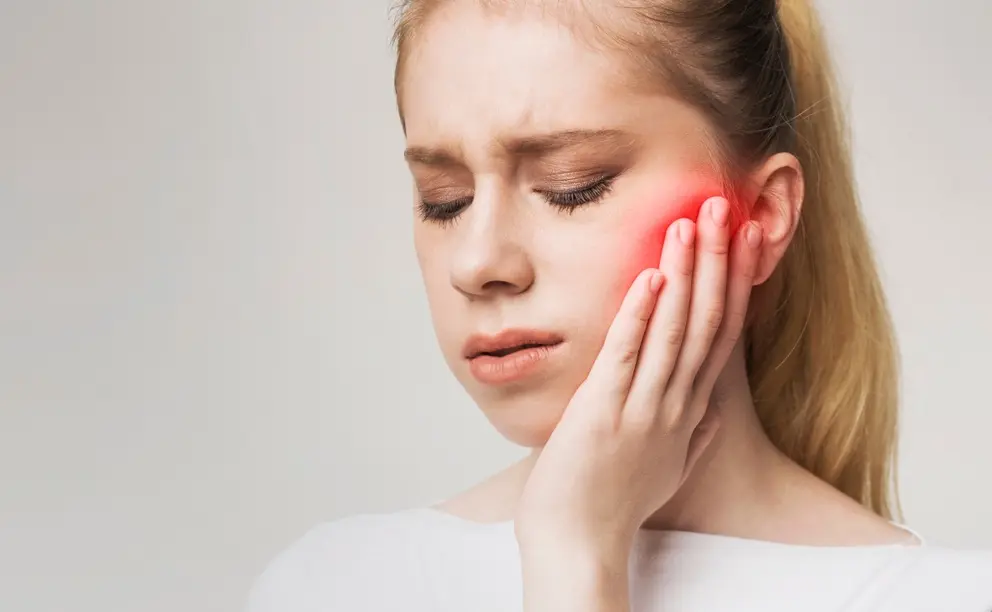
ARE IMPACTED TEETH
Bad for the Health of Your Mouth?
It is important to treat impacted teeth because leaving them alone can have serious consequences for your other teeth, as well as your overall health.
Consequences of Impacted Teeth:
- Cosmetic issues
- Abscesses (pockets of infection)
- Damage to the neighboring teeth
- Tooth decay or loss
- Bite or chewing problems
- Jaw pain and headaches
- Gum inflammation
- Periodontal disease
It’s important to treat impacted teeth, either by extraction or with orthodontic treatment.
Visiting an orthodontist will allow a licensed professional to examine your teeth, using x-rays to see what’s below the gum-line, to establish whether certain teeth are impacted, and make a plan for treating them.
